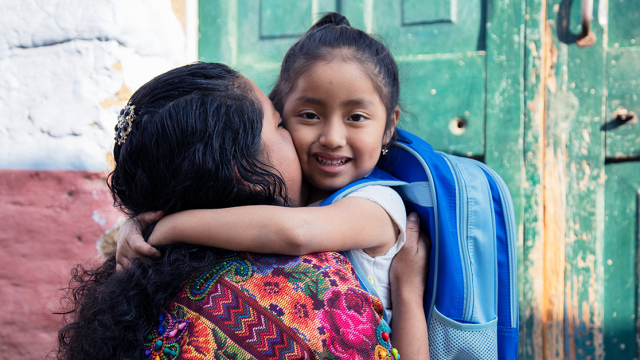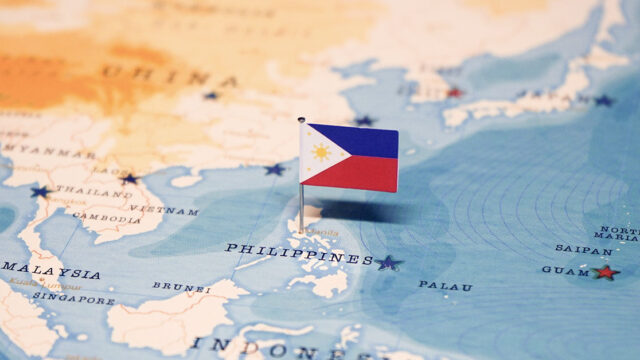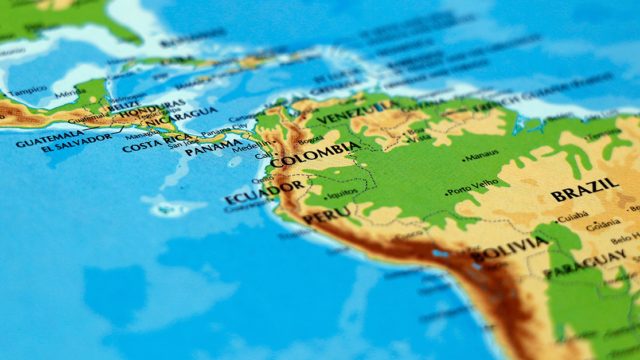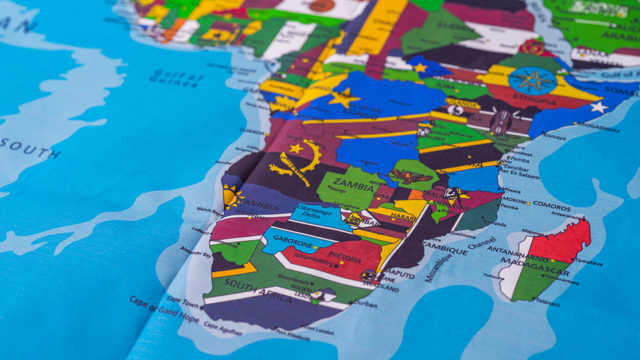If you asked me just a year ago about fintech payment companies, I’d have ignored you and your question.
After all, how do I quantify the contributions of fintech payment companies in my life? Sure, I’ve used a mobile app to make an order and pay for things. But, I certainly wasn’t ready to translate my little exposure to the world of fintech and explain the contributions of these companies.
By definition, fintech payment companies provide financial services such as online banking, e-wallets, cross-border remittances and cryptocurrency using technology and software to individuals and businesses.
The global fintech market stood at USD 134 billion in 2022 and is projected to be fourfolded to USD 557 billion in 2030. You’d think the ever-increasing number means people have no problem accessing financial services. However, delving deeper into the topic, I found that isn’t true.
Financial inclusion? I’ve got no account for that
Globally, although 76% of the adult population have a financial service account, a significant increase from 51% in 2011, 1.4 billion adults remain unbanked, which means no access to any financial services.
Why do adults, especially women, remain unbanked in this post-Covid-19 era, even when many have turned to digital payments after a series of lockdowns worldwide?
There are many reasons - financial literacy, lack of required documents, connectivity, poverty and gender inequality, just to name a few.
Financial inclusion is the lofty ambition we have to get to 100%. This means individuals and businesses can access useful and affordable financial products and services, regardless of their status and background.
Role of fintech payment companies in accelerating financial inclusion
In this respect, fintech payment companies have a huge part to play.
They connect their users with banks, merchants, and other financial services providers, giving customers simpler, more accessible, and cheaper options to approach financial services compared to the traditional way.
These fintech payment companies, by virtue of their connectivity and non-traditional financial services, allow unbanked populations to contribute to the world economy, empowering marginalised groups to walk out of poverty.
Some examples of recent fintech developments that have led society towards financial inclusion include digital transactions, crowdfunding, and peer-to-peer or social lending.
Cash pickups in the digital era? Why?
When I joined Tranglo, I was told it is a cross-border fintech payment company that provides remittance, business payments, and international airtime transfers with a global network of 1,300 banks/wallets and 130,000 cash pickup outlets in more than 30 countries.
I quickly fixated on the 130,000 cash pickup outlets. Why would anybody still need to pick up cash physically? Isn’t a mobile phone enough to perform transactions?
As it turns out, not all the time. Cash pickup service allows recipients of cross-border transfers, even those without a bank account or mobile phone, to retrieve the money from the nearest pick-up locations.
Right.
Cash pickup service remains prominent in many countries, especially emerging economies whose broader populations face personal and geographical restrictions.
Look at the countries where Tranglo extends its cash pickup service and tell me there isn’t a similarity - Bangladesh, Brazil, Cambodia, Egypt, India, Indonesia, Mongolia, Nepal, Pakistan, Philippines, Sri Lanka, Turkey, and Vietnam - high unbanked population in countries with lots of rural hinterlands.
Final thoughts
Fintech payment companies aren’t just about providing state-of-the-art financial services to the masses.
When it comes to financial inclusion, it is equally important to meet the requirements of the community. After all, we are only as good as the extent we can meet our target audience's needs.
Non-traditional financial services, digital or otherwise, remain integral to the global economy to empower the underprivileged.
Fintech payment companies will continue to lead the way, thanks to their belief in using all means possible to drive adoption.
Now, let me get back to my shopping cart.








